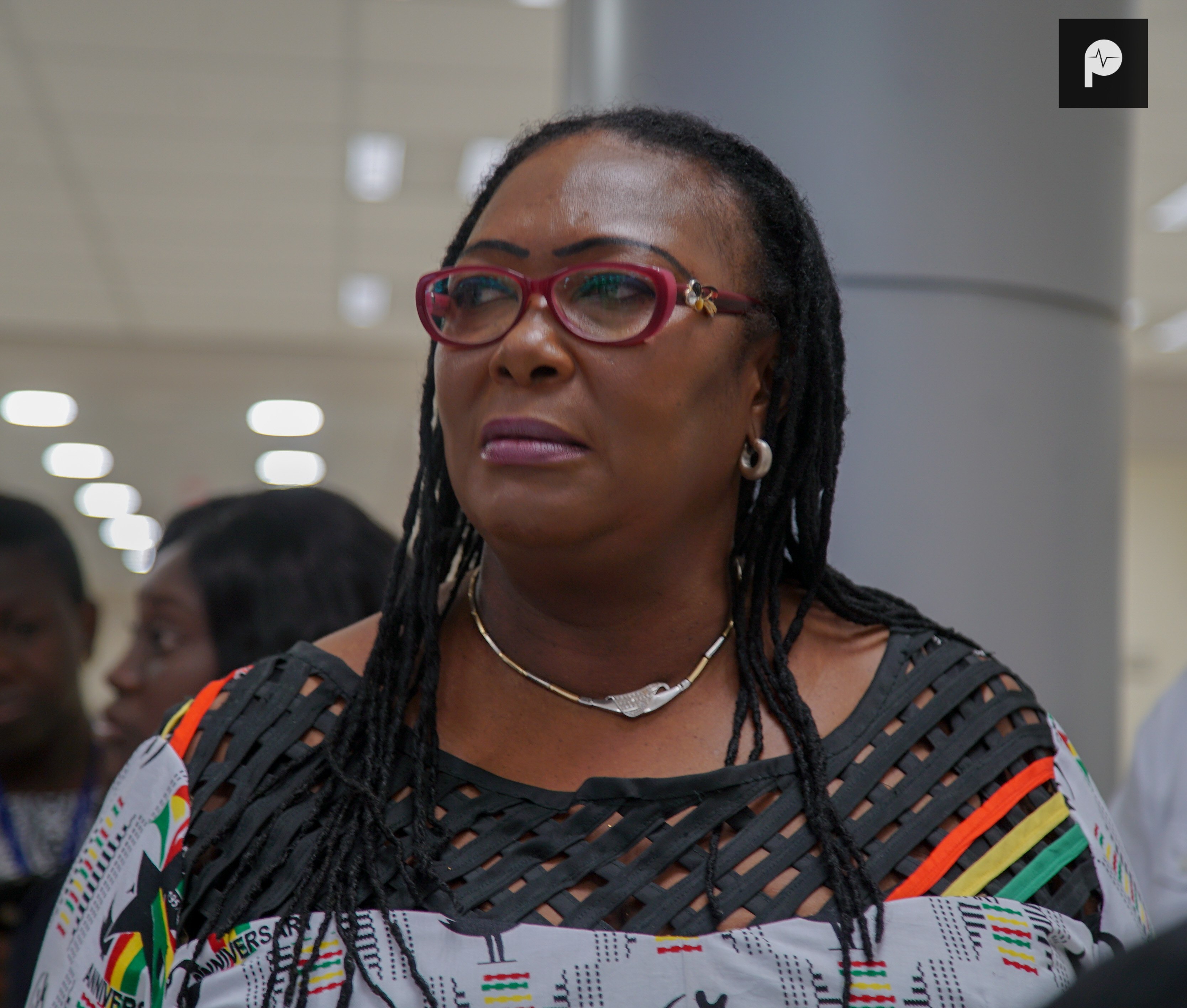Ghana’s governing party, the New Patriotic Party (NPP) during the weekend, conducted its parliamentary primaries, culminating in a surprising outcome. The primaries, a crucial step in shaping the party’s future direction, witnessed the unseating of 28 incumbent lawmakers.
This significant shift within the ruling party’s ranks has set the stage for a deeper analysis of its potential impact on the NPP’s strategies and prospects in the upcoming 2024 general elections in Ghana.
The NPP’s parliamentary primaries were characterized by intense competition and high stakeholder engagement. A total of three hundred and fifty-five (355) candidates contested for the party’s ticket across various constituencies.

The primaries were marked by a blend of experienced lawmakers and new entrants vying for a chance to represent the party. Notably, some key regions and constituencies, such as Dome Kwabenya, Tano North, Weija Gbawe and Trobu witnessed major upsets where long-serving members of parliament lost their nominations.
These outcomes have not only altered the political landscape within the NPP but also raised questions about the party’s future direction and strategies. The loss of 28 incumbent lawmakers in the NPP’s parliamentary primaries could significantly impact the party’s approach to the 2024 general elections in Ghana.
On one hand, this outcome may inject fresh energy and perspectives into the party, potentially attracting a broader spectrum of voters. New candidates could bring innovative strategies and policies, aligning more closely with the evolving demands and expectations of the electorate.
However, there are considerable challenges too. The defeat of experienced lawmakers means a loss of seasoned political expertise and established voter connections. This could weaken the party’s institutional memory and diminish its effectiveness in certain constituencies.

Moreover, such a major shake-up risks internal party divisions and could affect voter loyalty, as long-time supporters of the unseated incumbents may feel alienated.
Additionally, the opposition parties might leverage this situation to their advantage, portraying the NPP as a party in flux and questioning its stability and readiness to govern. How the NPP manages this internal transformation and communicates its new vision to the public will be crucial in determining its electoral fortunes.
The NPP’s recent parliamentary primaries, resulting in the loss of 28 incumbent lawmakers, present both challenges and opportunities as the party prepares for the 2024 general elections.
While the introduction of new candidates can invigorate the party with fresh ideas and appeal, the loss of experienced members raises concerns about internal cohesion and electoral strategy.
As Ghana’s political landscape continues to evolve, these primaries serve as a critical indicator of the dynamic nature of its politics and a significant precursor to the upcoming electoral battle between the Vice President Dr. Mahamudu Bawumia and the flagbearer of the National Democratic Congress (NDC), John Dramani Mahama.
Pulse





